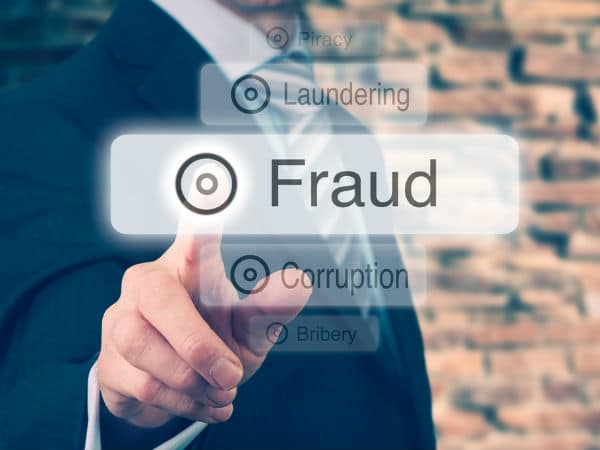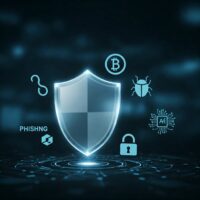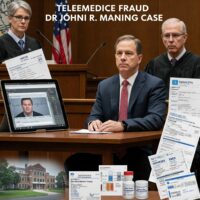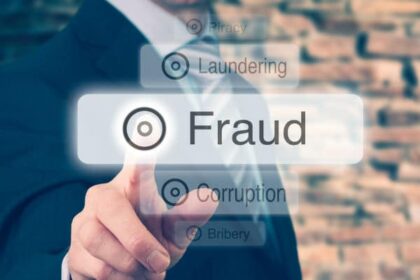Remarks as Prepared for Delivery
Good morning, everyone. I am honored to be here with such a huge crowd of passionate first responders and advocates and experts and survivors.
If you don’t know the Office on Violence Against Women (OVW), we are a less huge but equally passionate crowd of first responders and advocates and experts and survivors.
We administer the Violence Against Women Act, which this year means we have $700 million to invest in the work you all are doing on the front lines making change in your communities.
We want our grants and our policy work to be truly effective. And to be effective, we must be guided by the people who are on the ground, the real experts, who are building community-based responses – basically, guided by the people who are represented here in this room today and united by the same mission.
You are among the first people a survivor encounters in the aftermath of violence, and the way you respond can make the difference between a survivor getting access to justice and a survivor getting revictimized by the system.
All survivors deserve meaningful access to justice. And for many survivors, that does not involve the criminal justice system.
They are seeking other options. They need something between 911 and nothing, a pathway to safety and accountability.
But many survivors do want the criminal justice system to provide that safety and accountability. They want to be heard and believed in court.
And to do that they often need a supportive health care provider, a patient-centered response to trauma and sensitive evidence-collection.
Evidence collection has changed so much over the years. When I was starting out working in shelters in the 90’s, our evidence collection for domestic violence was polaroid pictures – anyone remember that?
I also remember a lot of survivors who I failed.
One woman had been strangled and had crashed through a glass window to escape. Neither the police nor I realized that was a medical emergency or what physical evidence they could have gathered. They just dropped her off at the shelter with bits of glass still in her hair.
And I don’t know how she fared, because she walked out of the shelter and into the Florida night and never came back. She didn’t even have shoes with her.
What if, instead, she had been offered trauma-informed support that met her medical needs and, if she wanted, collected evidence that could help her stay safe and get justice?
That is why I today I am profoundly honored and excited to announce the release of the first-ever National Protocol for Intimate Partner Violence Medical Forensic Examinations.
The protocol guides the clinical practice for conducting medical forensic exams for patients experiencing intimate partner violence, or IPV.
While many IPV victims seek medical assistance for injuries, in the past, most IPV health care protocols focused on screening rather than forensic exams or collecting evidence – evidence that not only supports investigation and prosecution, but can also validate what a survivor has experienced. That’s important when you’ve been gaslit and you haven’t been believed and you’re not sure what to do next.
By bringing together trauma-informed, patient-centered care, with screening and evidence collection, this protocol connects survivors’ needs with an evidence-based medical forensic examination that, if implemented correctly, will enhance communities’ responses to IPV.
I got to visit the New Orleans Family Justice Center earlier this year. Their HOPE Clinic provides onsite forensic exams for IPV, but that’s not all – they provide primary care and behavioral health services, too.
The Family Justice Center also offers a wellness program with a range of alternative healing modalities for survivors. Their process for forensic exams ensures that survivors are fully informed and in control of the process.
But not everyone is there yet, and that’s why we need a protocol.
For example, the International Association of Forensic Nurses (IAFN), OVW’s collaborative partner in developing the protocol, got a technical assistance request about an IPV survivor who sought medical care a couple of years ago. This survivor was not ready to report the abuse to law enforcement.
But, despite the absence of mandatory reporting requirements in their jurisdiction, the healthcare institution reported the assault to law enforcement.
They also called child protective services, even though the children were not present during the assault.
This was a violation of the state law and the patient’s privacy rights.
And it put her safety in jeopardy – she had not left the abusive relationship and she just needed to get medical care and document the injuries so she would have options in the future.
No one should have their life endangered or risk losing custody of their children because they sought a forensic exam. Will that survivor ever go back for help after that experience? Probably not, which is not going to keep her, or her kids, or her community safe.
The new protocol will help clinicians avoid that outcome.
It helps ensure that victims will be cared for with compassion and respect after an assault. Clinicians can offer survivors an assortment of choices, empowering them to make the decisions that they know are best for their welfare and that of their loved ones.
Last year, we came to the Conference on Crimes Against Women (CCAW) to announce our updated guidance on Improving Law Enforcement Response to Sexual Assault and Domestic Violence by Identifying and Preventing Gender Bias. Many of you exemplify the principles of that guidance and you are putting the “coordinate” into coordinated community response.
Our technical assistance providers like the International Association of Chiefs of Police, Police Executives Research Forum and the Law Enforcement Training and Technical Assistance Consortium can help if you need a little more support.
The new National Protocol for IPV Medical Forensic Examinations fits really well into a coordinated community response and ties in with the policing principles, so consider bringing those two pieces of guidance together when you get home and are connecting with your partner agencies.
We are profoundly grateful to the talented staff at IAFN, who also brought together 16 project partners from various disciplines to work on it. A much longer list of organizations participated in the extensive review process. Thanks to all of you who played a part.
IAFN also has technical assistance available on both IPV and sexual assault forensic exams at SAFEta.org.
I hope this guidance will prove a useful tool in helping you support survivors and address violence in your communities.
At OVW, we are relentlessly focused on changing the world by supporting all of you. Please help us do that by applying for OVW grants – we want to help you succeed.
Thank you to Jan Langbein and everyone at CCAW for bringing us together for this astounding conference. And thank you to the direct service providers, clinicians and first responders here today.
Creating options and choices – and supporting what survivors tell us they need, not what we think we should give them – is how we increase access to justice. It’s how we advance equity. It’s how we end gender-based violence.
Thank you.
Speaker: Allison Randall, Acting DirectorTopic(s): Violent CrimeComponent(s): Office on Violence Against Women
Updated May 22, 2023Original Article














